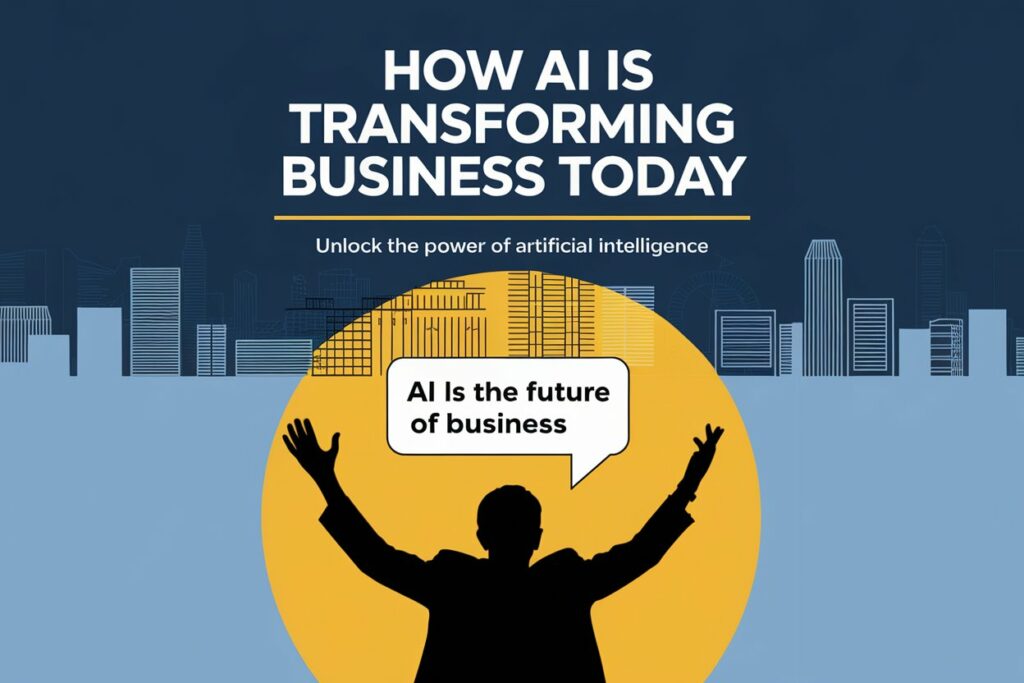
Prince Thakur
7 months ago
How AI is Transforming Business Today
AI-enabled process automation, efficiency, and other top benefits now happen at a scale and scope to deliver transformation and disruption, not just incremental gains. Hannah Calhoon, vice president of AI for Indeed, uses artificial intelligence “to make existing tasks faster, easier, higher quality and more effective.” She points to a recent initiative in which the job matching and hiring platform company started using large language models (LLMs) to add a highly customized sentence or two to the emails it sends to job seekers about open positions that match their qualifications.
The results have been significant, particularly when considering that Indeed sends about 20 million such emails a day. Calhoon says that personalization has yielded a 20% increase in the number of candidates applying for those positions and a 13% increase in successfully landing the job.

“So one tiny little sentence is better for job seekers and employers,” she says.
Like many organizations, Indeed has been using AI — and more specifically, conventional machine learning models — for more than a decade to bring improvements to a host of processes. But Calhoon said the company in the past few years has been using AI to transform its products, services, and workplace. And she expects AI to drive even more impressive innovations as both the technology and the enterprise’s ability to use it mature.
“AI changes the bundle of tasks that are in a job, and AI over time will change the nature of roles. So jobs will look much different than what they are today. That’s where we think the world is going,” she says.
Consequently, workers won’t see incremental bumps in productivity; rather, they’ll experience multifold gains in productivity. They’ll be able to perform tasks, such as computer coding, that they currently cannot do without specialized training, and they’d be able to do so at a level and speed that exceeds what the experts can do today. And they’ll have the time and ability to use AI to innovate in new ways, because AI will handle more of the mundane tasks that now take up their time.
“AI will let us automate away a lot of the toil that people don’t like and create more moments and space for human connections, problem-solving, and collaboration,” Calhoon predicts. “There is an opportunity to use AI to make work better, certainly at Indeed but also for millions of people around the world. That is transformational.”
Transforming into ‘highly automated and efficient operations’
In fact, IT’s embrace of AI is nearly ubiquitous, with 89% of IT decision-makers surveyed for Foundry’s 2024 CIO Tech Priorities study saying they’re researching, piloting, or currently using AI-enabled technologies — up from 72% in 2023. Moreover, 64% of those IT decision-makers expect AI and machine learning to significantly alter the way their business operates over the next three to five years, up from 39% who said the same in 2023.
More specifically, IT leaders believe AI will transform their organizations primarily through process automation and efficiency gains, as well as enhanced customer experiences. Read More.